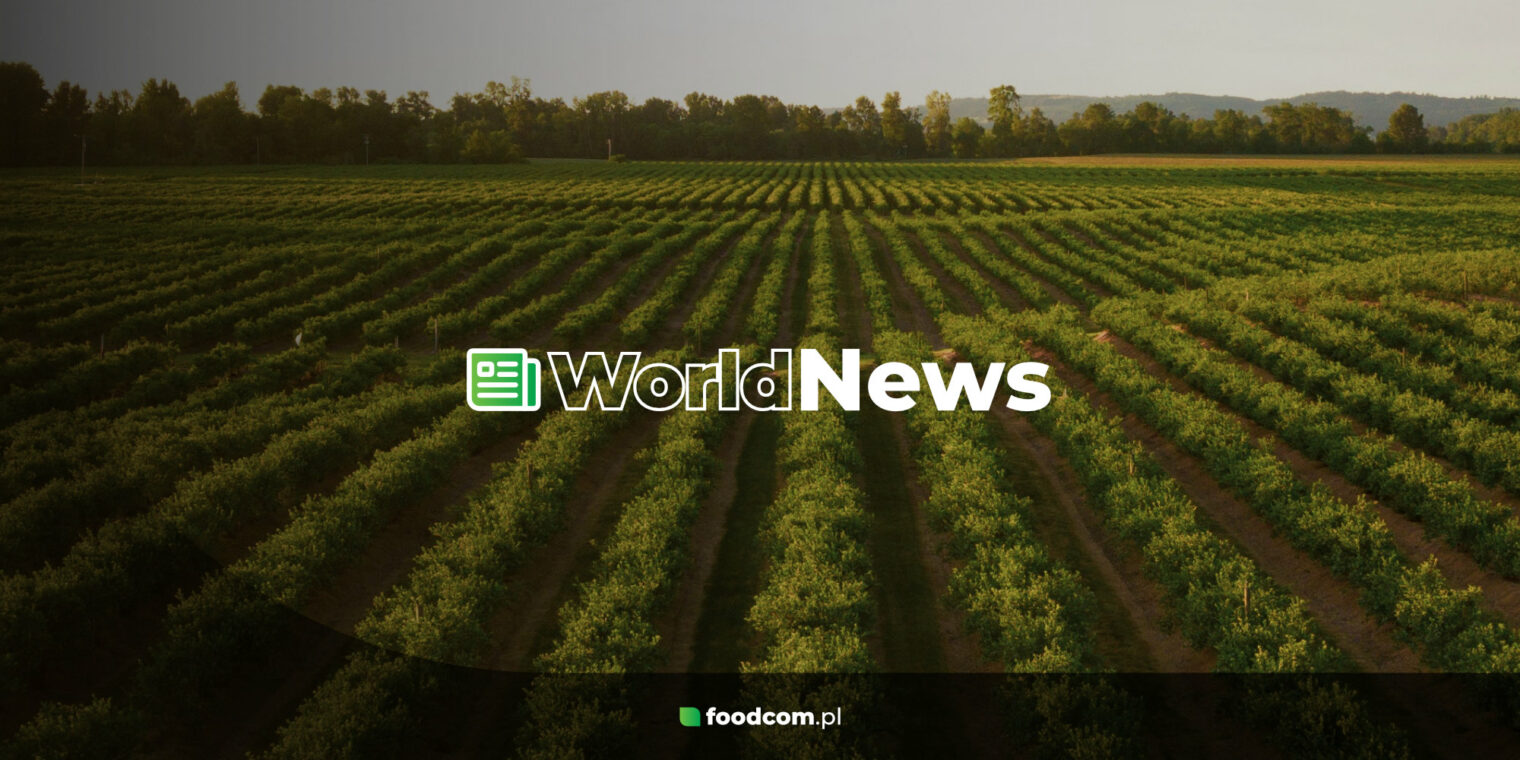Sai perché i prezzi della soia stanno battendo un record questa settimana? Leggi come la diminuzione delle forniture globali e la crescente domanda dalla Cina hanno alimentato i prezzi della soia negli Stati Uniti oltre i $13 per bushel. Dai anche un’occhiata a come i prezzi stanno influenzando le proiezioni per la coltivazione di soia nella prossima stagione.
Aumento dei prezzi della soia
I prezzi della soia continuano a battere record dall’inizio del 2021. Si prevede che le scorte finali siano di 120 milioni di bushel, in calo di 405 milioni rispetto all’anno precedente. La diminuzione delle forniture e la domanda improvvisa dalla Cina hanno spinto i prezzi a livelli mai visti dal 2014. Il rapporto WASDE prevede che il prezzo medio stagionale della soia negli Stati Uniti sia fissato a $11.15 per bushel, ma la scorsa settimana si sono registrati numeri fino a $14 per bushel. Inoltre, a marzo i prezzi della soia non sono scesi sotto $13.56 e dall’inizio dell’anno i numeri sono rimasti sopra i $13. I prezzi del pastone di soia sono fissati a $400.00 per tonnellata. I prezzi negli Stati Uniti a marzo sono aumentati di oltre il 53% rispetto allo stesso mese dell’anno scorso.
Produzione di soia
Secondo gli esperti, prezzi più alti spingeranno gli agricoltori ad estendere la superficie coltivata di soia nell’anno a venire. Negli Stati Uniti, la superficie totale piantata di soia è stimata a 83.1 milioni di acri, un aumento rispetto ai 76.1 milioni nel 2019/2020, ma non quanto i 89.2 milioni calcolati per il 2018/2019. Si prevede anche un rendimento per acro raccolto più basso di 0.4 milioni rispetto a due anni fa. Tuttavia, i prezzi sono molto più alti, con un aumento da una media di $8.48 per bushel nel 2018/2019 a un recente prezzo medio per la soia di $11.15.
La previsione per la produzione globale di soia a marzo è fissata a 361.82 milioni di tonnellate metriche, di cui gli Stati Uniti sono responsabili di 112.55 milioni. Si stima una maggiore produzione di soia per il Brasile, con proiezioni alzate di 1 milione di tonnellate per un totale di 134 milioni.







